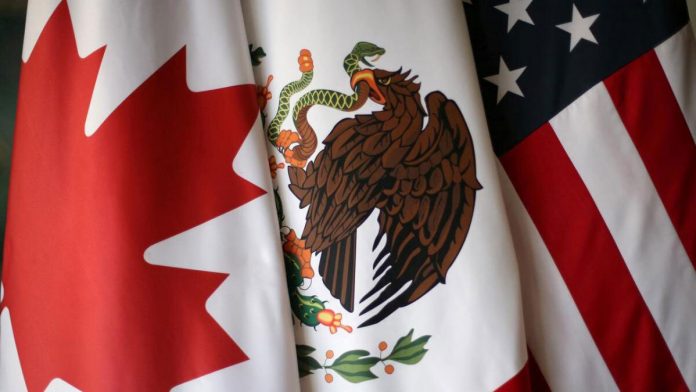The U.S. has lost an automotive trade dispute brought against it by Canada and Mexico over parts sourcing requirements.
According to an agreement between the three countries, to qualify for tax free status in the U.S., three-fourths of a vehicle’s components must be manufactured domestically. The trade dispute arose over how the number is calculated. Canada and Mexico argued that the treaty allowed for this number to be rounded up on a “core part” basis. In other words, if 75% of a vehicle’s engine were built in America, authorities could round this up to 100% before calculating the overall sourcing of the vehicle. The U.S. disagreed, arguing that the method would misrepresent components sourcing and negatively impact American jobs.
A dispute panel ruled the U.S. was in violation of its agreement, and that it had to work with the Canadian and Mexican governments to resolve the trade dispute, or risk tariffs. Parts sourcing has increasingly become a major issue for U.S. politicians, who hope to keep manufacturing jobs in the country while encouraging industry. The Inflation Reduction Act’s EV tax credit rules require batteries and other components to be made domestically. While these policies have created a flurry of new American facilities, built by foreign automakers who hope to take advantage of the incentives, they have also come under fire from foreign governments, who argue that they are unfriendly to international trade.
Although the Biden Administration has refused to back down on its sourcing requirements, it seems, for now, it will need to work with Canada and Mexico on its calculations. Another trade dispute between the countries, this time pitting the U.S. and Canada against Mexico, is currently ongoing.
Did you enjoy this article? Please share your thoughts, comments, or questions regarding this topic by connecting with us at newsroom@cbtnews.com.
Be sure to follow us on Facebook, LinkedIn, and TikTok to stay up to date.
While you’re here, don’t forget to subscribe to our email newsletter for all the latest auto industry news from CBT News.



